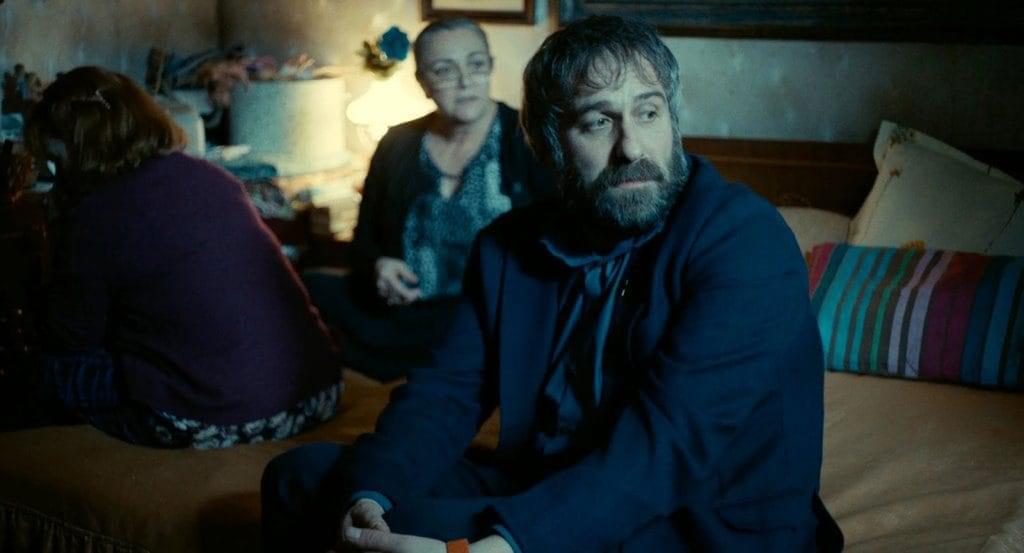
Solidly directed by Ryan Fleck and edited by Anna Boden, and superbly performed by Ryan Gosling and newcomer Shareeka Epps, “Half Nelson” examines the way in which a history teacher and his student affect each other’s lives. Dan Dunne (Gosling) teaches middle school kids and coaches girls’ basketball. He’s young and witty, but there’s more to him than an unconventional teaching style. One of his students, a sharp-tongued girl named Drey (Epps), soon finds out that Mr. Dunne has a cocaine habit.
Rather than create a scenario in which the teacher is no longer a role model and is institutionally penalized for being imperfect, Fleck and Boden tell the film’s story by allowing Mr. Dunne to embody irony. He ignores the school-approved curriculum and opts to teach his students about dialectics and that history is a series of changes over time. It is ironic because within the context of his lectures, “change” implies “progress;” and Mr. Dunne struggles to make progress himself. To this end, Drey functions as a catalyst and a counterpart. Narratively speaking, in exchange for her silence, the teacher gives her a ride home when her father fails to appear; and in doing so, Drey gains a friend that she cannot have in drug dealer Frank (Anthony Mackie).
Although “Half Nelson” is not about a particular kind of socially unacceptable relationship, the film does acknowledge it in the scene where Frank reminds Drey that Mr. Dunne is her teacher and that she shouldn’t spend so much time with him. Even when the film doesn’t leave the viewer with any “icky” feelings, three words nonetheless hover over “Half Nelson”: Mary Kay Letourneau. Ever since she found herself inappropriately involved with one of her students, America’s view of student-teacher relationships has grown suspicious and cynical. Students may find their instructors inspiring, intelligent, and cool, and even trust them more than their own parents, but nothing can come of that admiration. Teachers may in fact be human beings—flaws and all—and have lives outside of the classroom, but they might as well not be human because they cannot be friends to their students.
Fleck and Boden instill a degree of insouciance in their film through humor and let the actors keep reality at bay by employing a kind of cinematography that pulls the viewer into the characters’ experiences. The mobile and jittery camerawork and the abundance of close-ups enable the audience to feel Mr. Dunne’s physical and mental discomfort. As a closed text, “Half Nelson” is an original voice, heralding the idea that teachers and students could learn valuable lessons from each other as people. If only one could forget the Letourneau. If only one could really consider one’s teacher to be a friend the way Drey can.
